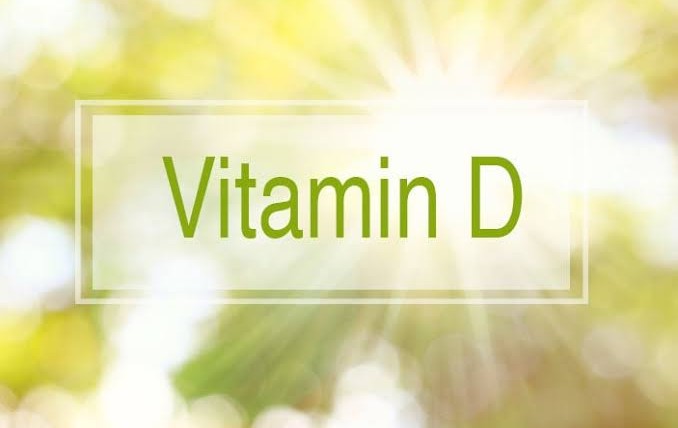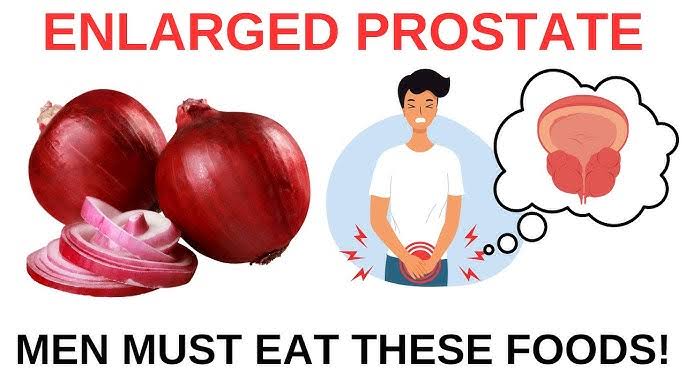Extremely versatile, the mango can be consumed fresh or used in the preparation of sweet and savory dishes, however a very common question that arises is whether the mango is bad for gastritis.
The fact is that mangoes offer several benefits to our body, such as vitamins A, C, K and the B complex and minerals such as potassium, copper, calcium and iron, in addition to being a source of fiber and carbohydrates.
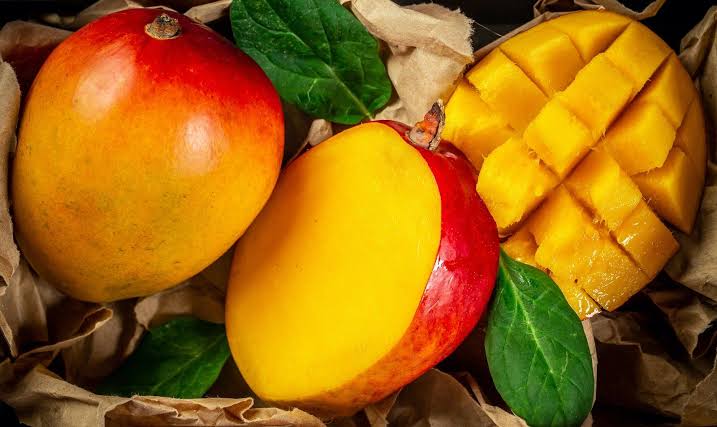
This fruit contains antioxidant and anti-inflammatory action, as it has in its nutritional composition substances such as mangiferin and benzophenone that provide a kind of protection for the stomach, fighting free radicals and reducing damage to the cells present in this organ.
In addition, the mango reduces the production of acid in the stomach, and its consumption is very beneficial for people diagnosed with gastritis or gastric ulcers.
It also serves as a source of antioxidants such as beta-carotene and zeaxanthin. This last substance, even, can help prevent macular degeneration and is known as an ally of vision.
What Is Gastritis?

Gastritis is a disease characterized by inflammation, erosion or infection of the lining of the stomach, which weakens the mucosa that protects the stomach wall and the digestive juices produced by the organ end up causing damage to the stomach wall.
It can be caused by viruses, parasites, fungi, reflux of bile into the stomach, stress, ingestion of steroids, consumption of spicy foods, use of non-steroidal anti-inflammatory drugs, abuse of alcoholic beverages, and by a bacteria called Helicobater pylori.
The disease can be acute, lasting only a short period of time, or chronic, which persists over months or even years. Its symptoms include: nausea, vomiting, feeling bloated in the upper abdomen (especially after eating), indigestion, dark stools, and vomiting that can come with blood or substances similar to coffee grounds.
Is Mango Bad For Gastritis?
Mango Consumption And Gastritis
The anthocyanins present in the mango peel protect the stomach against gastritis.
Anthocyanins are pigments that are part of the flavonoid groups (substances with antioxidant power) and are responsible for the coloring of fruits, flowers and leaves.
They are responsible for protecting plants, flowers and fruits against the harmful action of ultraviolet light and for preventing the production of free radicals, providing the same effect on the human body.
The main source of this substance is found in the mango rind, and its amount can vary according to the type, cultivation and variety of this fruit.
Mango Ph
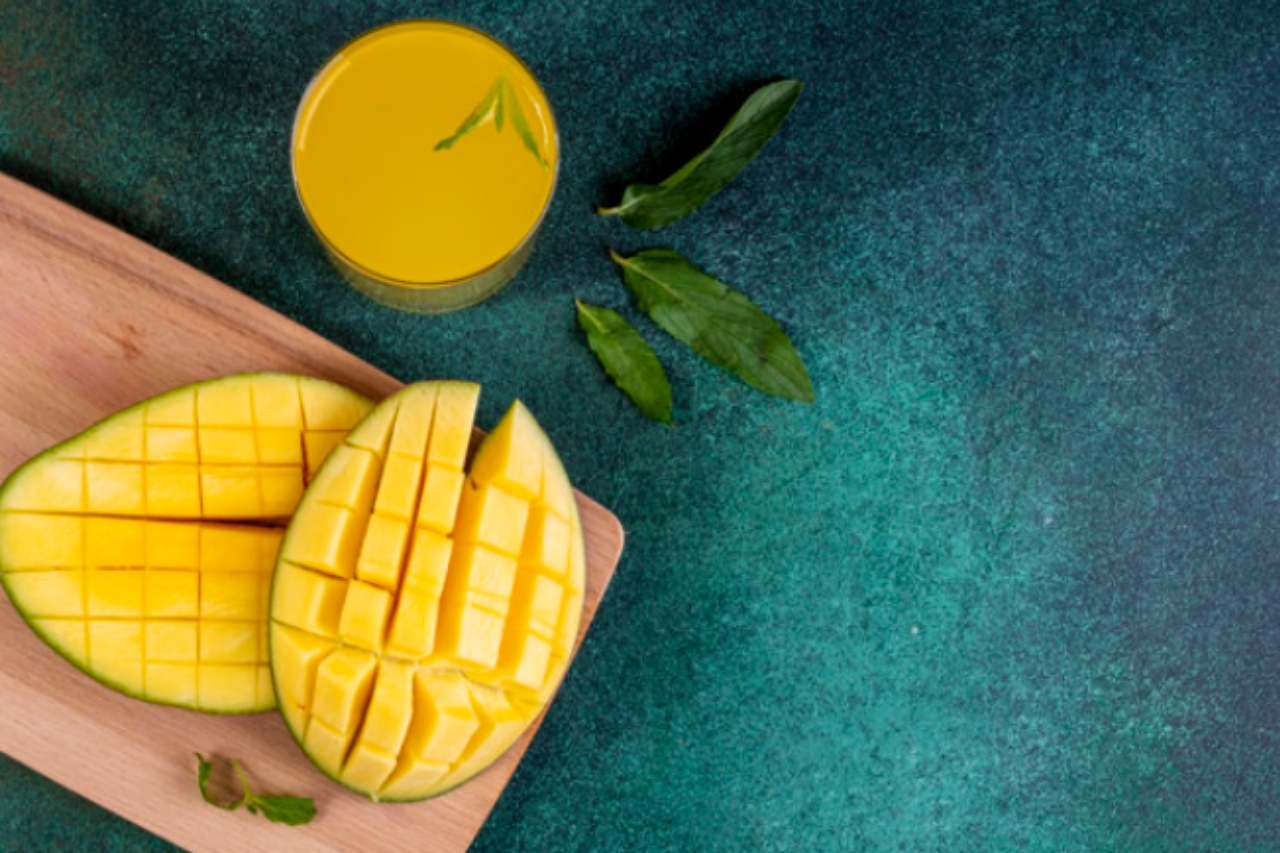
According to information from the website Gastritis Club , ripe mangoes have a pH of approximately 4.1, on a scale ranging from 0 to 14, with the lower this number, the more acidic the food.
Gastritis is an inflammation of the stomach wall that develops just when the acidity increases to the point of attacking the organ, so for people diagnosed with ulcers, the consumption of acidic fruits should be avoided.
However, despite having a relatively acidic pH, mango has the ability to soothe the stomach lining, helping to reduce the symptoms of gastritis, and can be consumed in moderation by anyone suffering from this condition.
Important Considerations
To be sure if the mango is bad for gastritis, especially considering the particularities of each condition of the disease, the ideal is that you talk to the doctor responsible for your treatment to find out how the mango or any other food can be inserted in your meals.
Have you ever heard that mango is bad for gastritis? Are you in the habit of consuming this fruit? Let us know in the Comment section.
You may also be interested in:
23 Incredible Benefits Of Mango for health
Foods That Are Good For Gastritis And What Not To Eat
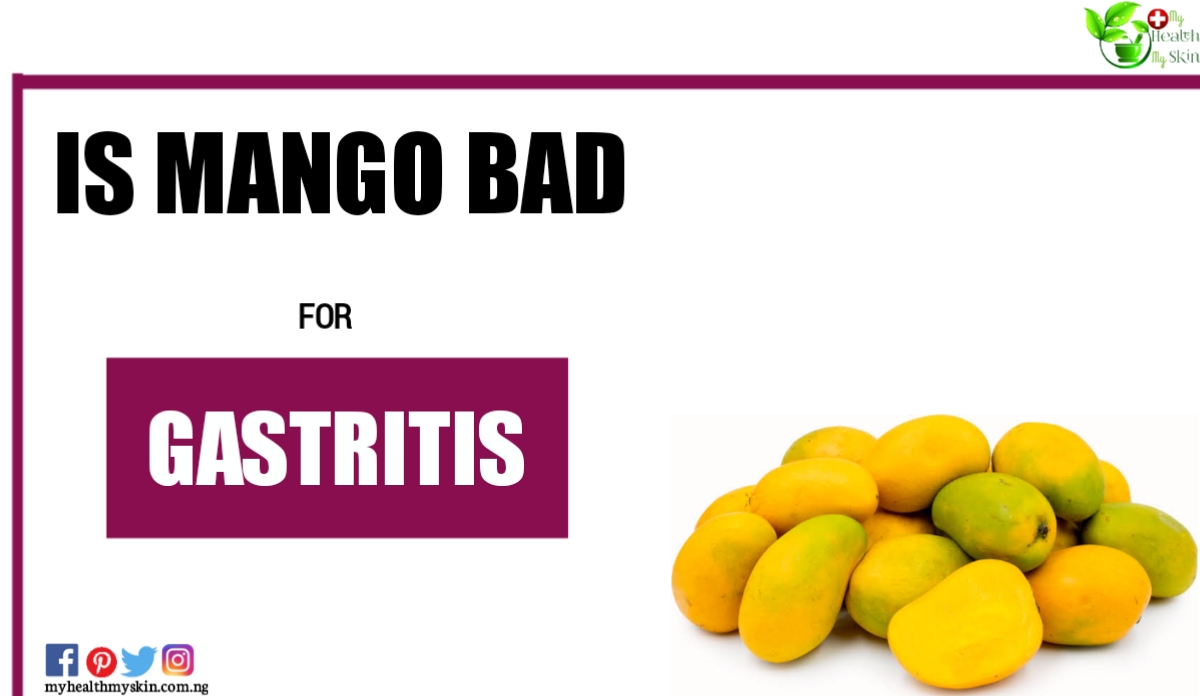
If you want to read more articles similar to is mango bad for gastritis, we recommend you visit our Diet & Nutrition category. Share on your social networks and stay tuned for upcoming articles.

